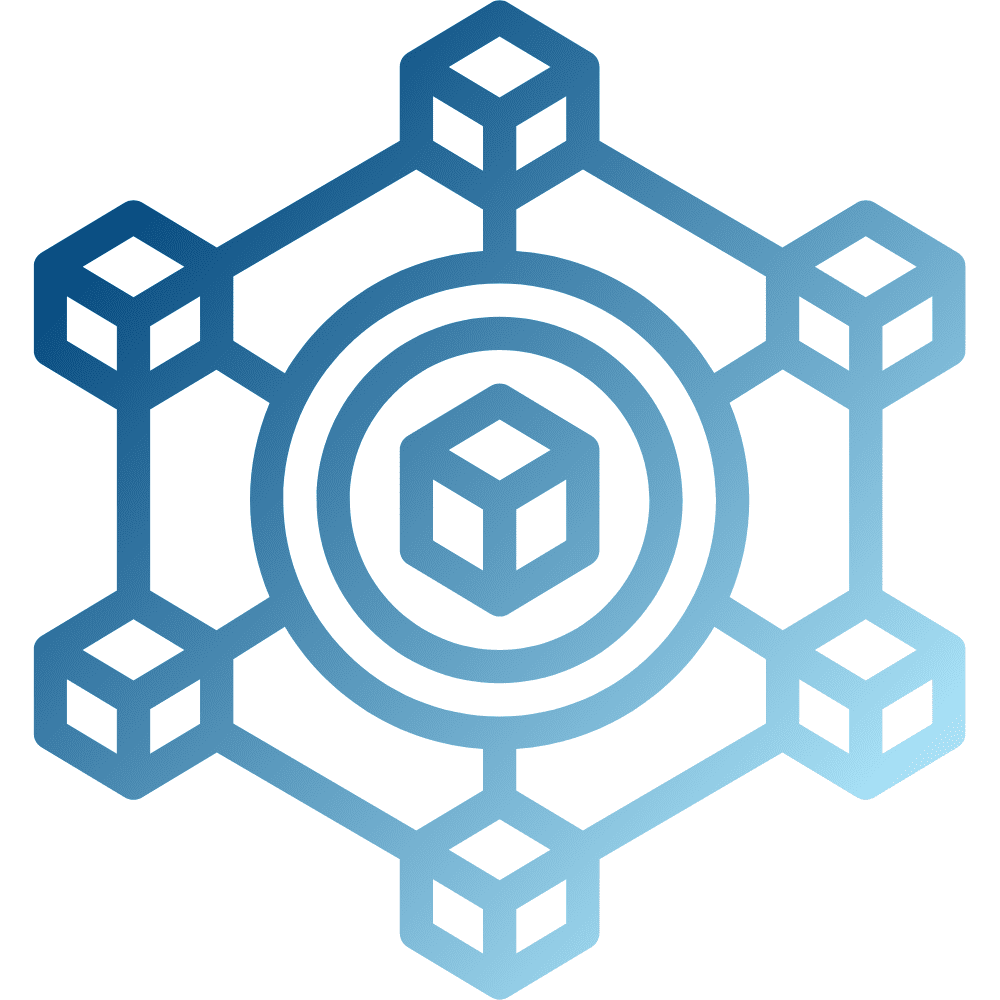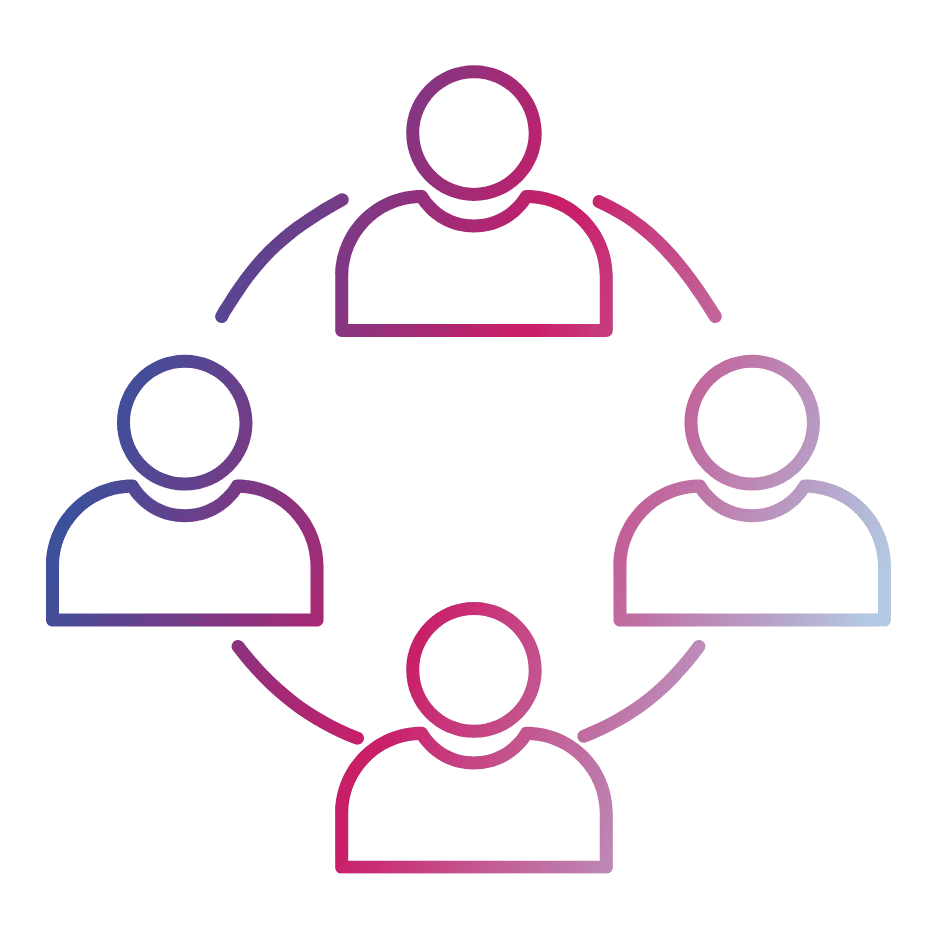Shape the Future
of Organizational Health with Us
We help organizations create structures & systems that support our humanity and our best work.

Your Culture Depends on Structures
But it’s not enough to just put some in place. Structures, systems, and processes need to be Human-Centered.

So many organizations facing challenges have plenty of structures and systems, but if they’re not clear, consistent, or equitable, then they’re not designed to support people.
Often, systems are designed for productivity and profit, not for humans.
Others may build systems and structures based on best practices.
We build them based on values.
Why Organizations Seek Our Help
These are the most common challenges we hear from leaders.The Patterns We Notice
We listen deeply to your challenges over the course of several 1:1 and small group meetings, so we can reflect back what we see at the root of your leadership, culture, and team challenges. Here are the most common:Employees don’t know or aren’t working in alignment with the organization’s values.
◊
Working without values-based competencies that can be applied to operations.
◊
Unclear or undefined HR structures and policies.
◊
Lack of onboarding.
◊
Growth expectations aren’t supported by Professional Development.
◊
Meetings lack structure.
◊
Employees aren’t sure how to give or receive feedback.
We ground our work in Human-Centered Practices
So the structures we build and the way we build them support humans and our full humanity.“We’ve been so blessed to be able to partner with Leverage to Lead. They’ve been vital to our organization’s stability and future. Our work together came at a time when we needed help driving alignment with our values. Leverage to Lead brought the level of training and a path forward we needed, and in a way that included different perspectives and experiences.”
Our Clients
We’ve worked across many industries, including:
- Law Firms
- Education Technology
- Independent Schools
- Environmental Justice
- Renewable Energy
- Software
- Medical Technology
- Retail
- National Parks
- Community Housing
- Boards
- Strategic Planning
- Nonprofits
- Religious Institutions
- Arts
“As a remote team, it was a gift that Leverage to Lead helped us truly be able to listen to each other and put ourselves in our colleague’s shoes for the first time in a long time. I’ve noticed more empathy and active listening in meetings. There’s more openness and sharing. My hope for the future is that the groundwork we laid continues to grow. Leverage to Lead opened up a new world of collaboration possibilities for our team.”
Development Associate, Nonprofit